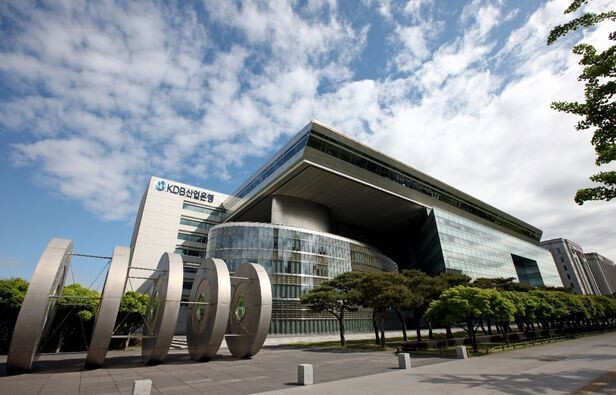
South Korea has introduced a new regulatory framework aimed at expanding green lending, aligning loans with the country's green taxonomy, known as K-Taxonomy. The Financial Services Commission, Ministry of Environment, and Financial Supervisory Service jointly announced the new "green lending management guidelines" on [date].
The K-Taxonomy, introduced in 2021, provides a classification system for environmentally sustainable economic activities. Companies that meet the criteria can access green finance, which often comes with benefits such as subsidized interest rates and tax breaks. However, until now, the application of the K-Taxonomy has been limited to bonds, excluding SMEs and startups that typically lack the capacity to issue bonds. The new guidelines expand the scope of the K-Taxonomy to loans, making green finance more accessible to a wider range of businesses.
The guidelines define green loans as loans that "are used for purposes that align with the K-Taxonomy and are managed in accordance with internal control standards." The regulations also outline clear procedures for handling and verifying green loans, aiming to prevent greenwashing and encourage active participation from financial institutions.
A notable feature of the guidelines is that they allow financial institutions to assess the K-Taxonomy eligibility of loan applicants on behalf of the companies themselves. While the principle is that companies should self-assess their alignment with the K-Taxonomy, the guidelines recognize that many SMEs and startups may lack the capacity to do so. Consequently, financial institutions are permitted to conduct these assessments, provided they appoint a designated "green lending officer."
Experts have hailed this policy as a significant step forward, particularly in providing access to green finance for SMEs and startups. "It is rare to see such detailed guidelines on green lending," said Dae-woong Im, CEO of BNZ Partners, a climate finance think tank. "Unlike Europe, where green finance is primarily focused on large corporations, this policy will help to revitalize the industrial capillaries, such as SMEs and startups."
However, some experts have raised concerns about the readiness of financial institutions to implement the new guidelines. "Given the current scale of the government's green finance interest subsidy program, which amounts to trillions of won, it may be difficult to encourage active participation from financial institutions," said an anonymous ESG finance expert. "The government needs to expand the funding pool, such as through the Climate Response Fund, to incentivize greater participation. Additionally, financial institutions should recognize that green finance presents a new growth opportunity and should invest in the necessary capabilities."
The financial authorities have indicated that they will initially allow financial institutions to voluntarily adopt the green lending management guidelines.
[Copyright (c) Global Economic Times. All Rights Reserved.]






























